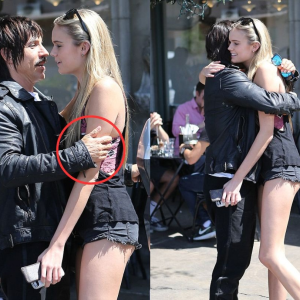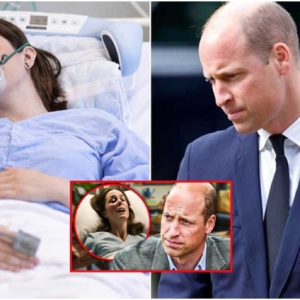In a recent interview, the director of “The Flash,” Andy Muschietti, bravely opened up about the various challenges surrounding the film, particularly regarding the controversies involving its star, Ezra Miller. The conversation turned particularly poignant as Muschietti discussed the implications of Miller’s transgressions and how they impacted the production and the film’s overall reception. Ezra Miller, who portrays the titular character, has been embroiled in a series of high-profile legal issues and behavioral incidents that have raised eyebrows within the entertainment industry and among fans worldwide.

Muschietti began by acknowledging the tumultuous nature of the production process, which was complicated by Miller’s off-screen behavior. Over the past few years, the actor has faced multiple legal troubles, including arrests for disorderly conduct and allegations of violence. These incidents have not only stirred public outrage but have also led to heated discussions about accountability in Hollywood. “It was a difficult time for everyone involved,” Muschietti admitted. “We were all concerned about Ezra’s well-being and the effect it had on the cast and crew, as well as the project itself.” The director emphasized the need for compassion, noting that behind the headlines, Miller is a complex individual who has struggled with personal issues.

As he delved deeper into the matter, Muschietti expressed a commitment to separating the artist from their actions. He stated, “We recognize that Ezra’s behavior has raised serious concerns, but we also believe in the possibility of redemption and growth. Everyone deserves support and understanding as they navigate their challenges.” This perspective aligns with a growing discourse within Hollywood about mental health and the importance of addressing personal struggles, rather than simply casting judgment. Muschietti revealed that during the film’s production, there were numerous discussions about how best to support Miller, ultimately fostering an environment where creativity could thrive despite the chaos.
The director also shed light on the numerous reshoots and logistical challenges that arose as a direct result of Miller’s issues. “We had to adapt and make changes on the fly, which is never easy for a film of this scale,” Muschietti disclosed. Despite the hurdles, the team remained focused on delivering a product that did justice to the iconic character of The Flash and the broader DC Universe. The director praised the hard work and dedication of the cast and crew, who rallied together to push through the uncertainty: “It’s a testament to the passion everyone had for the project that we made it through unscathed.”

Moreover, Muschietti discussed the film’s narrative elements that draw inspiration from themes of redemption and identity—particularly relevant in the wake of Miller’s controversies. “The story is deeply personal for Barry Allen,” he explained, “and it reflects the struggles of reconciling one’s identity in the face of turmoil. It mirrors what we’ve seen in real life, where everyone is just trying to find their path.” This narrative choice not only enhances the depth of the film but also resonates with audiences on a more profound level, allowing them to connect with the character’s journey in a way that transcends the actor’s real-life challenges.
As the interview concluded, Muschietti reflected on the mixed reception the film has received in light of the controversies surrounding its star. “At the end of the day, the audience will have their own experiences and opinions,” he acknowledged. “We can only create the best version of the story we believe in, and hope that it resonates.” He reiterated that while the film is a piece of entertainment, it also serves as an opportunity for dialogue about mental health, personal struggles, and the complexity of human behavior.
In an industry that often grapples with the ramifications of public and private personas, Muschietti’s insights into the production of “The Flash” reveal a nuanced understanding of the human condition and the art of filmmaking. By highlighting the importance of empathy and support, he not only sheds light on Ezra Miller’s transgressions but also elevates the conversation around accountability and redemption—a message that could resonate far beyond the silver screen. As “The Flash” gears up for its release, its journey serves as a reminder of the intricate web of creative collaboration, personal experience, and the profound impact of public perception in the ever-evolving landscape of Hollywood.





